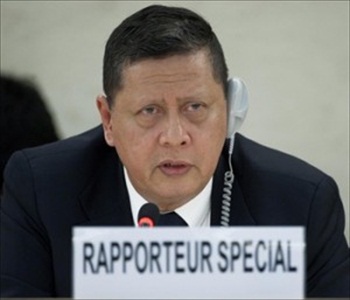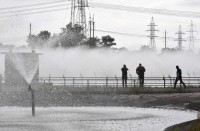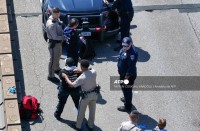
UN Photo/Jean-Marc Ferré
UN Special Rapporteur on the situation of the human rights in the Democratic People’s Republic of Korea told delegates in Geneva that “well over 200,000” people including children had been abducted by DPRK since 1950.
Marzuki Darusman said that efforts have been undertaken by various countries so far to solve the problem but that an international approach is now required.
He also noted it is ‘deeply regrettable’ that the government of DPRK has decided not to cooperate with the United Nations human rights system, after indicating in 2014 that it was prepared for increased cooperation, including meeting the Special Rapporteur in New York and inviting him to visit the country.
Darusman stressed that talks have been suspended and invitations for him to visit the county have been revoked.
He called on the government of DPRK to reopen dialogue, saying “the tide of international attention and concern is unstoppable – and this posture of isolation is no longer sustainable.”
The Special Rapporteur told delegates that there should be a renewed focus on the prospects for reunification of the two Koreas into one single nation and that he is hopeful that proposed talks between the leaders of the Republic of Korea and DPRK will prove fruitful.
In reply, Kim Yong-ho from the DPRK delegation rejected the Special Rapporteur’s report saying that it was ‘full of fabrication’ by a few defectors from the north who were bribed to give false testimonies to support the ‘scenario drawn up by hostile forces’.
He said that DPRK will ‘strongly respond to the end to any attempt to misuse the human rights issues as a means to dismantle or overthrow the system of the DPRK’.
He accused the European Union, Japan and the United States of making the issue of human rights in DPRK political and said that his country does not accept UN resolutions against DPRK and the work of the Special Rapporteur, saying they are a symbol of confrontation and distrust.
UNITED NATIONS/TV







